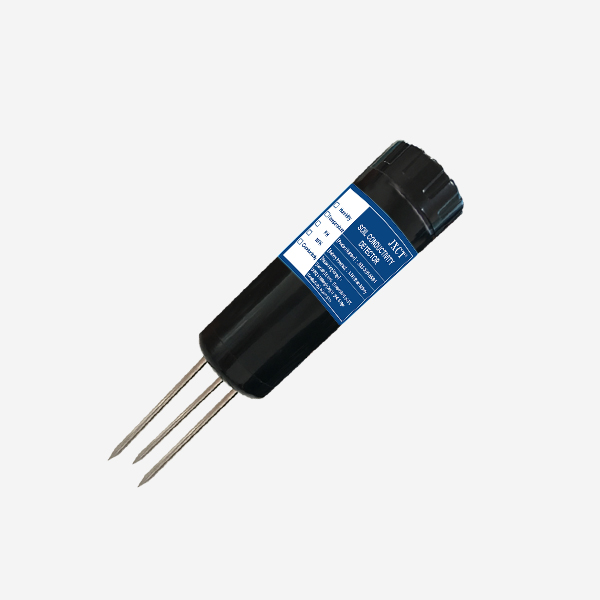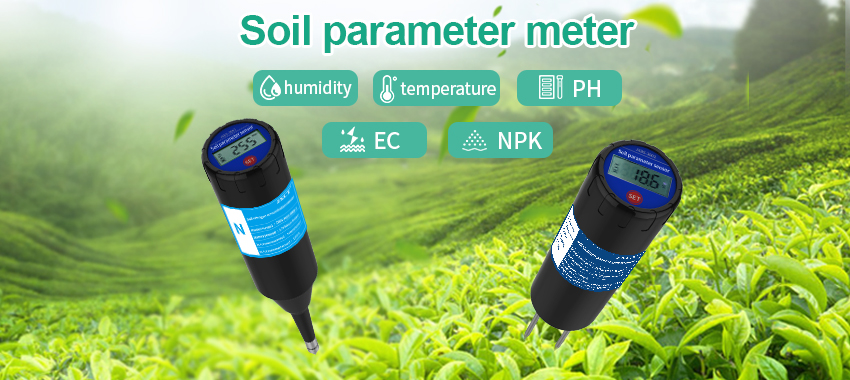The health of the soil is fundamental to the success of agriculture and the sustainability of food production. As the global population continues to grow, the demand for food increases, placing greater pressure on the agricultural industry. In this context, soil sensors have emerged as essential tools for monitoring and managing soil health, optimizing resource use, and promoting sustainable agricultural practices. This article explores the advancements in soil sensor technology and their applications in sustainable agriculture, including precision farming, soil fertility management, water conservation, and environmental stewardship.

Precision Farming:
Soil sensors are integral to the concept of precision farming, which aims to optimize inputs, minimize environmental impact, and maximize crop yields. These sensors provide real-time data on soil moisture levels, temperature, and nutrient content, enabling farmers to make informed decisions about irrigation, fertilization, and crop management. By understanding the variability of soil conditions within their fields, farmers can tailor their agricultural practices, such as adjusting irrigation schedules or applying fertilizers in specific areas, to optimize resource use and promote healthy plant growth. Precision farming supported by soil sensors contributes to increased efficiency, reduced costs, and minimized environmental impact.
Soil Fertility Management:
Maintaining soil fertility is essential for sustaining agricultural productivity over the long term. Soil sensors offer precise measurements of key soil properties, such as pH, organic matter content, and nutrient levels, allowing farmers to assess soil fertility and make targeted interventions. By understanding the nutrient status of the soil, farmers can adjust their fertilizer applications to meet the specific needs of their crops, avoiding overuse of fertilizers and minimizing nutrient runoff into water bodies. Soil sensors also support the implementation of site-specific nutrient management strategies, ensuring that resources are applied where they are most needed, thereby enhancing soil health and reducing the environmental footprint of agriculture.
Water Conservation:
Efficient water management is crucial for sustainable agriculture, especially in regions facing water scarcity or drought conditions. Soil sensors play a vital role in monitoring soil moisture levels and guiding irrigation practices. By providing real-time data on soil moisture content, these sensors enable farmers to apply water precisely when and where it is needed, avoiding both water stress and excessive irrigation. This targeted approach to irrigation not only conserves water but also improves crop quality and yield. Moreover, soil sensors contribute to the development of irrigation scheduling systems that optimize water use, reduce energy consumption, and protect natural water resources, thus promoting sustainable water management in agriculture.
Environmental Stewardship:
Sustainable agriculture aims to minimize negative environmental impacts while maintaining productive and resilient farming systems. Soil sensors support this goal by enabling farmers to adopt practices that are environmentally friendly and ecologically sound. By monitoring soil conditions, farmers can implement conservation tillage, cover cropping, and integrated pest management strategies based on accurate assessments of soil health and environmental factors. Soil sensors also facilitate the monitoring of soil erosion, compaction, and pollutant leaching, providing valuable insights into the overall environmental impact of agricultural activities. This information helps farmers make informed decisions to mitigate environmental risks and contribute to the conservation of natural resources.

Conclusion: Advancements in soil sensor technology have transformed the landscape of sustainable agriculture, offering unprecedented capabilities for monitoring and managing soil health. From precision farming to soil fertility management, water conservation, and environmental stewardship, soil sensors have become indispensable tools for promoting the resilience and sustainability of agricultural systems. Continued research and innovation in sensor technology will further enhance their accuracy, reliability, and affordability, making them accessible to farmers worldwide. Beneath the surface, soil sensors pave the way for a more sustainable and productive agricultural future, ensuring the well-being of both the environment and the global population.
